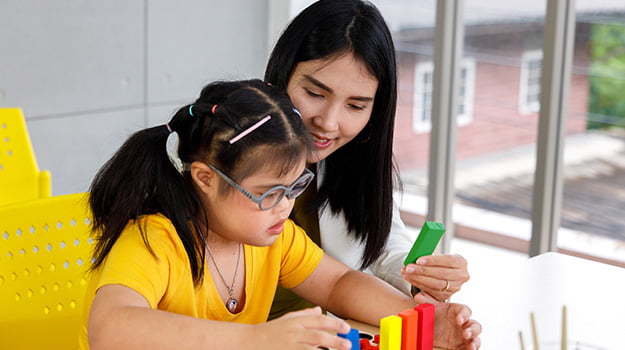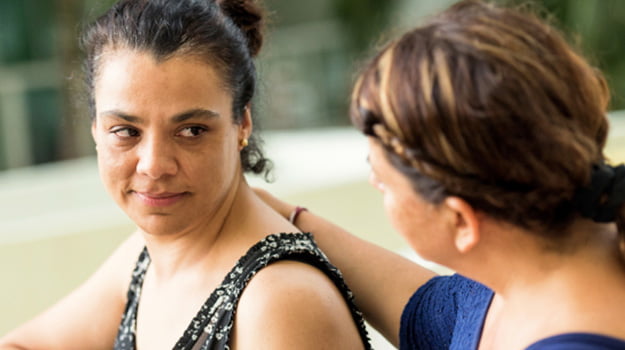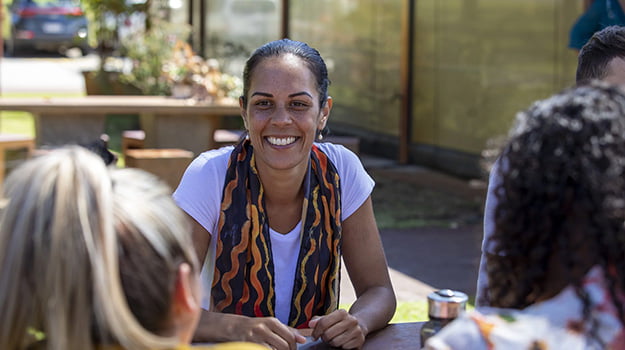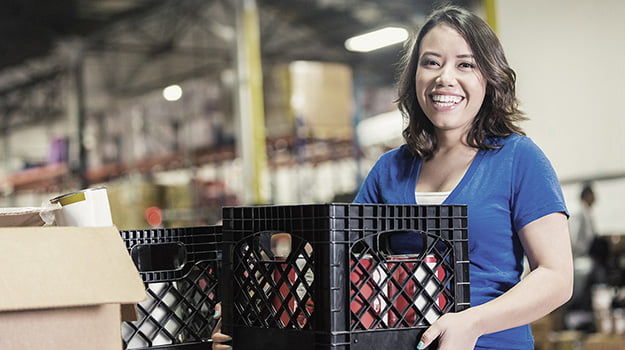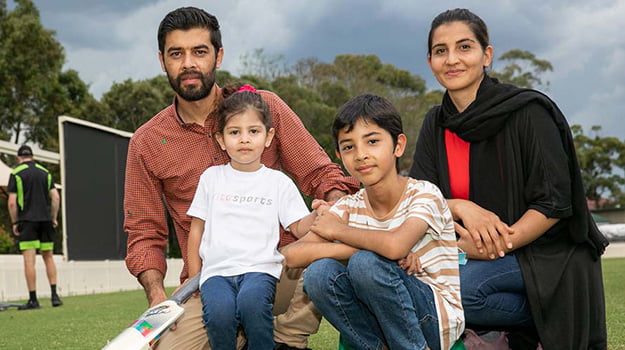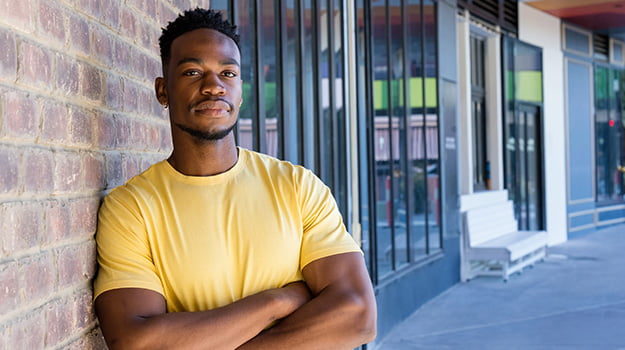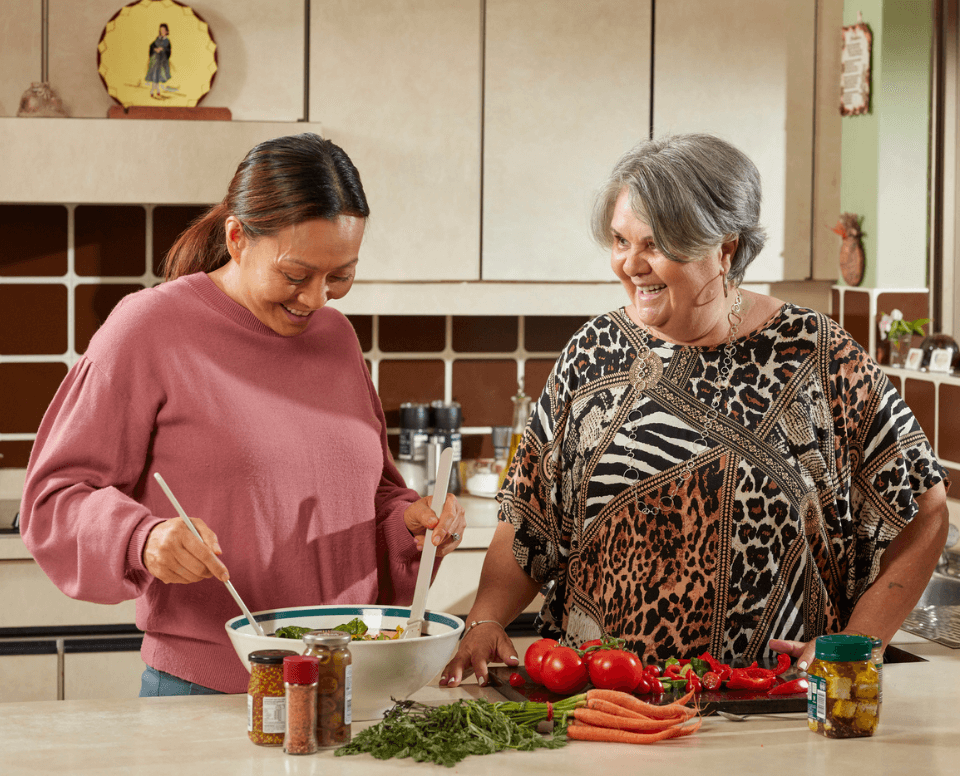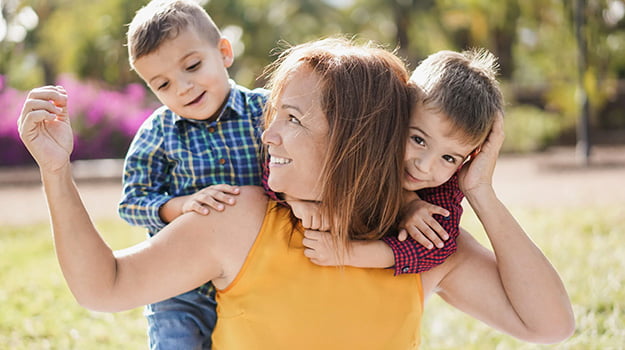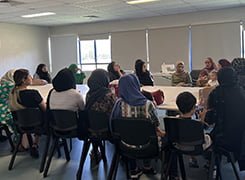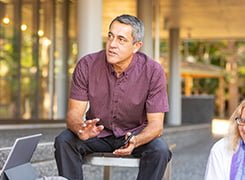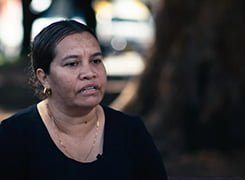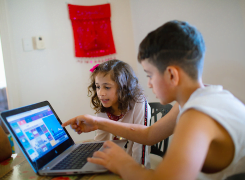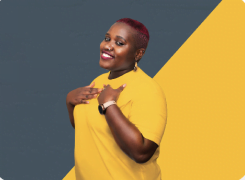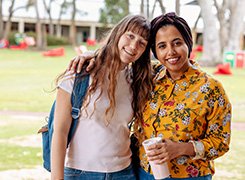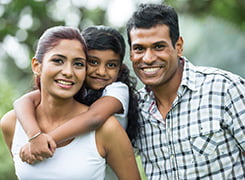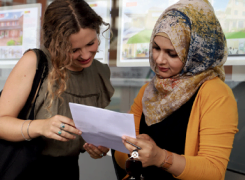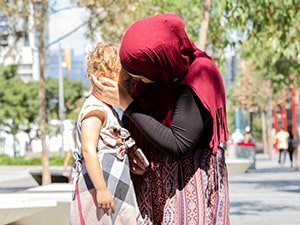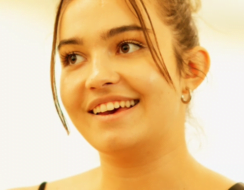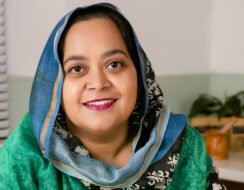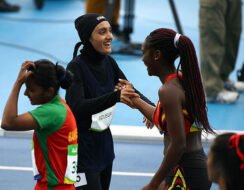28 Feb 2024
StoriesA catalyst for change: Unleashing the power of our First Nations women

Lucy Davis is a Cobble Cobble woman from the Burrungum Nation Western Downs Queensland. She is the leader of Mob23 and sister to Professor Megan Davis, Aboriginal Australian activist and one of the architects of the Uluru Statement from the Heart which led to The Voice referendum. Mob23 operates in partnership with the Uluru Dialogues, an organisation that led the consultative process with First Nations Peoples in 2017, which resulted in the creation of the Uluru Statement from the Heart.
Lucy grew up in what she calls the ‘rougher end of Logan’ in Yugambeh country in Queensland. She has spent her life in an urban community where all forms of government ‘were missing the mark’ when it came to social disadvantage.
“Due to being a Black fulla and the massive oppression that has occurred for my father, my grandfather and my great grandmother who were taken off the country by force has always placed me in a position of disadvantage,” she said.
Early in her life, she understood the struggles of her Mob and the long road ahead to turn things around,
Lucy was raised by a single white mum who never shied away from the fact that her kids were Black.
“I was exposed to racism from a young age, and my mum was our biggest advocate. She would say to us kids ‘I would never understand what it feels like, but as your mother, I feel the pain and it is my responsibility to use every bit of my white privilege to give you the best start in life.’”
Lucy’s mum equipped her and her siblings with knowledge of politics and literature and showed what their force needed to grow into to become drivers of change.
“My mum is everything to us – she is the matriarch of the family.”
Today, Lucy champions her unique approach to change as the National RAP Manager for the Salvation Army.
“Some of the most inspirational women in my life have been my leaders and co-workers at Salvation Army, both Indigenous and non-Indigenous. They’ve truly listened and allowed me to create spaces for women to speak up.”
The common thread in Lucy’s life has been strong women coming together to fight for a better tomorrow for First Nations Peoples across their lands – but often these women faced resistance across many facets of Australian society.
“Women from other Mobs are my sisters, we band together – from the commonality of the oppression we’ve all faced together. It is sad but it is the way it is.”
“In Aboriginal communities, women are the backbone. But their voices don’t always fit,” she reflected.
“Our men are on a real journey of reconstructing who they are because our women are so strong and have stepped up. But this is also the case in white culture – in politics, everyone struggles when a woman speaks up.”
In the weeks and months following the 2023 Constitutional Referendum, Lucy has hosted Voice-inspired sessions with Mob23 in partnership with local ‘Yes’ groups, continuing the fight for First Nations Peoples. Lucy is determined to turn disappointment into strength and optimism for her Mob.
Lucy cites her sister who summed up the defeat of the Voice beautifully, “We will never recover – we had a chance to recover, and we didn’t. However, we now have six million new friends – the six million who voted yes.”
The Gold Coast Afghan community hosted a barbeque one afternoon for Lucy’s Mob23 to give them hope after the vote, which also coincided with the beginning of the Gaza/Israel war.
“These Afghan brothers and sisters had taken the time out to host something for my Mob, and they didn’t mention once that their neighbouring country was entering a war and that they might have family there, or their struggles,” she reflected.
For Lucy, investing in women and ‘counting them in’, as is this year’s theme for International Women’s Day, is a no-brainer in helping solve some of the most critical issues Aboriginal and Torres Strait Islander women face today, such as domestic violence, incarceration rates and finding a path forward post-referendum.
“There is a real push towards accepting women and their stories in our community. If Australian governments are serious about closing the gap, they must change their structures to allow women to have their voice heard in different areas of society and positions of power.”

